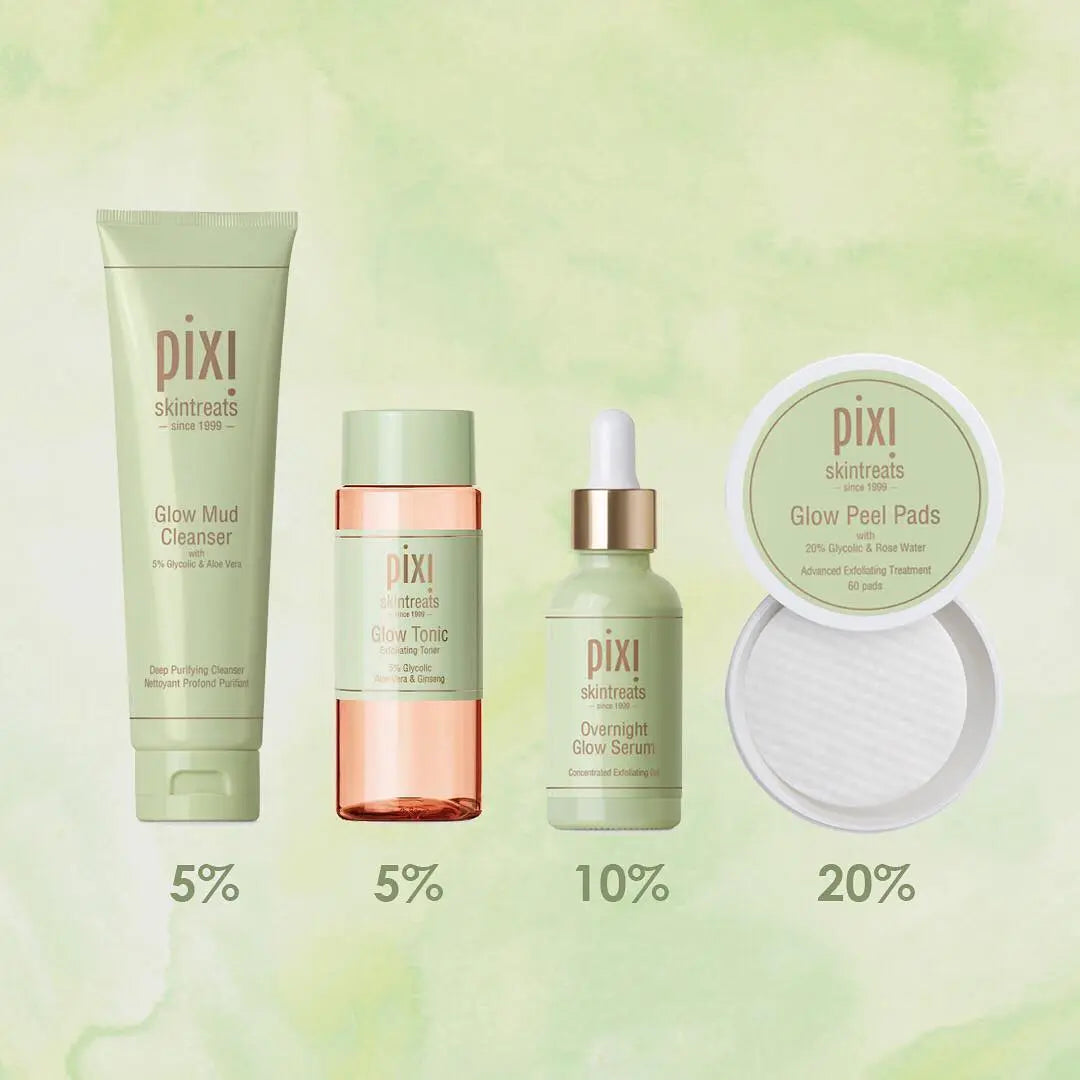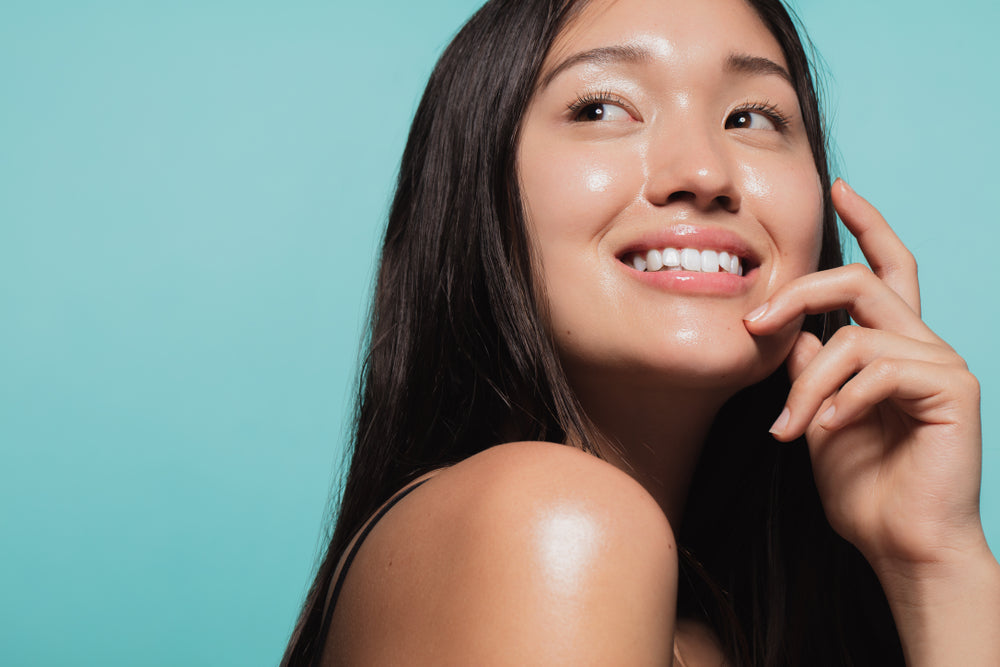
Glycolic acid, AHA, BHA: what’s the deal? Admit it, you’ve been ready to jump on the bandwagon but have been too intimidated by the scientific terms to even try.
Not to fret, I’ve done my research for you, and here’s what I’ve come up with.
It seems that not all exfoliants are created equal, but glycolic acid is a clear superstar.
Labmuffin writes: “It’s not 100% clear how AHAs and BHAs work to exfoliate the skin – it’s likely to be a combination of the two actions: increasing cell turnover at the epidermis and unsticking stratum corneum cells… they can also improve hyperpigmentation and reduce the appearance of wrinkles.
Glycolic acid is the most potent and can give the most dramatic results… the fact that it’s the smallest (so) it gets through skin most easily… On the other hand, it’s the most likely to cause side effects, particularly for people prone to post-inflammatory hyperpigmentation or PIH (generally, people with darker skin).”
That said, not all exfoliants on the market are intended for regular (daily) use. Allure has written that for an exfoliant to be effective, only a few seconds of tingling should be felt right after exfoliation (as well as an immediate afterglow!).
Also, a few days’ use isn’t enough to see whether a product is really for you or not: give the product (especially if it’s a serum) a month’s time to show it’s true worth.
For example, take closer look at Pixi’s line of glycolic acid products.
We see that they can be divided among 3 concentrations: 5%, 10%, and 20%. Check them out:
5% Glycolic Acid
Products: Glow Mud Cleanser, Glow Tonic
Good for: All skin types. Some users report being able to AM/PM use, but those with sensitive can start off with nightly use, and follow up with sunscreen use the morning after.
10% Glycolic Acid
Product: Overnight Glow Serum
Good for: All skin types, and those who’ve been using glycolic acid for at least a month. Users report a more noticeable tingling sensation after using (which can easily be neutralized if followed up by a moisturizer), but since this serum is meant for nightly use and is combined with Vitamin A, the glow you wake up to could be worth it. Just don’t skip the sunscreen!
20% Glycolic Acid

Product: Glow Peel Pads
Good for: Skin with more discoloration, or any visible scarring from acne. It’s always advised to start with a lower percentage of acid when trying out any AHA or BHA to avoid irritation, so this should be your last resort. If all else fails, start using a pad once a week, then increase usage as needed. Again, make sunscreen your best friend, as the discoloration and scarring that you are trying to eliminate may return ten-fold.
For someone who’s always been scared of physical exfoliation, and wary of chemical exfoliants, the time to peel has never been anytime but NOW. I always thought chemical peels (like retinoid products) yielded skin that would visibly peel off (the outermost layer, at least) and I felt that that sounded way too abrasive for someone with skin as sensitive as mine.
However, glycolic acid and other alpha- and beta-hydrolic acids (AHA and BHAs), now promise not to leave skin flaky and raw, but instead impart a fresh glow to your peau.
xoxo,
Viella



